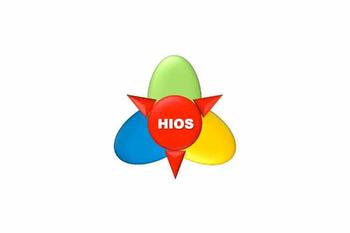Research Centers We Contributed to
The research center focuses on how to control dissipative structures in nonlinear dynamical systems far from thermodynamic equilibrium. An interdisciplinary team of applied mathematicians, theoretical physicists, and computational neuroscientists goes beyond merely describing the intriguing dynamics of self-organizing nonlinear systems. They aim to develop novel theoretical approaches and methods of control, and to demonstrate how to apply these concepts to a selection of innovative self-organizing systems ranging from condensed hard and soft matter to biological systems.
How can we combine significantly different classes of materials in hybrid inorganic/organic systems (HIOS) so that we realize substantially improved and potentially novel optoelectronic functionalities?
In the first phase, scientists investigated and comprehensively understood the fundamental chemical, electronic and photonic interactions in inorganic/organic hybrid systems. They discovered novel hybridized quantum states and coupled excitations at HIOS interfaces. Besides, the fundamental limit of the modern inorganic bulk semiconductors used so far was identified.
Currently, researchers are working to exploit the extremely high surface-to-volume ratio and strong light-matter interaction of atomically thin monolayers of transition metal dichalcogenides. They aim to determine the fundamental interactions and optoelectronic properties of these heterostructures to achieve maximum coupling and functionality.
